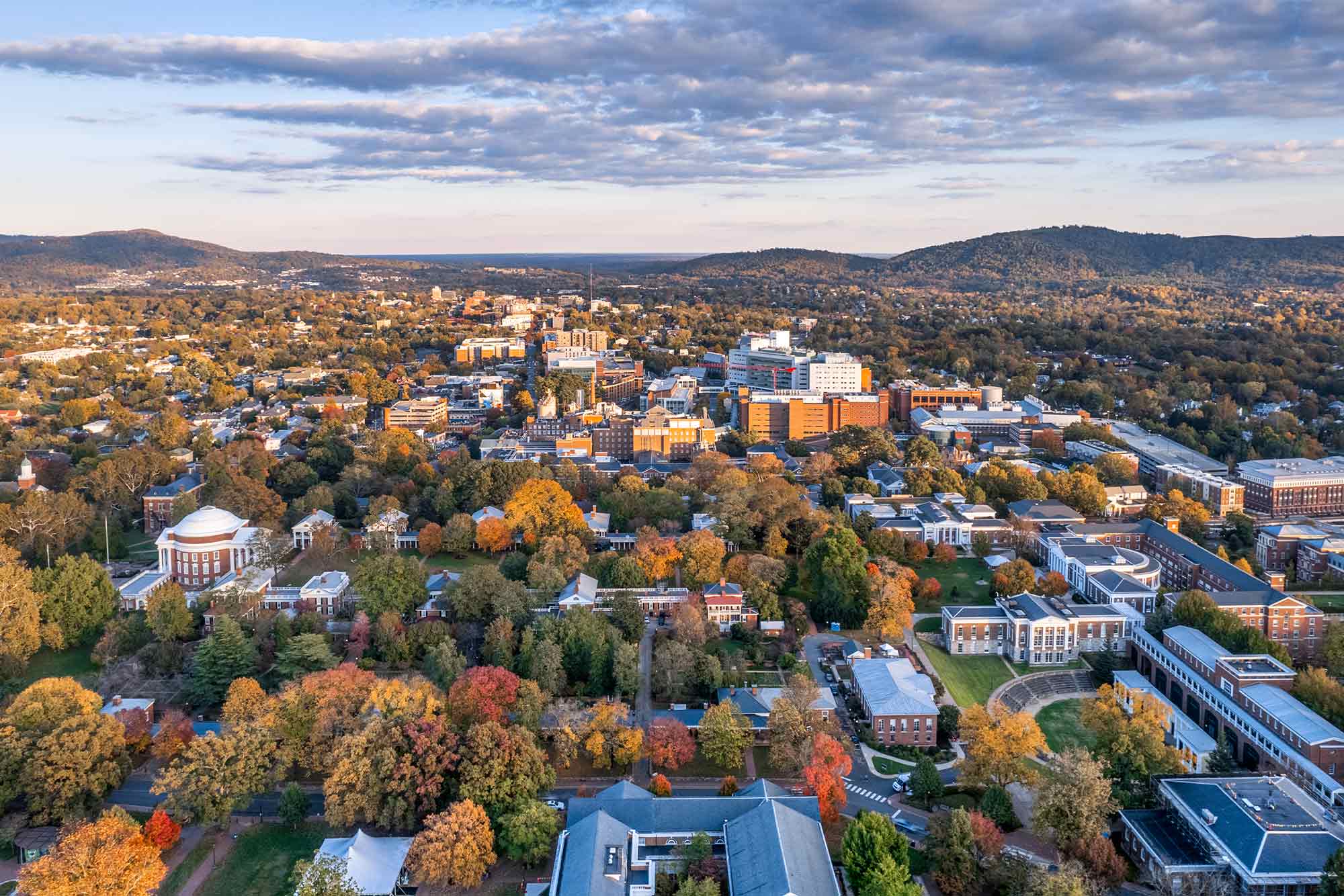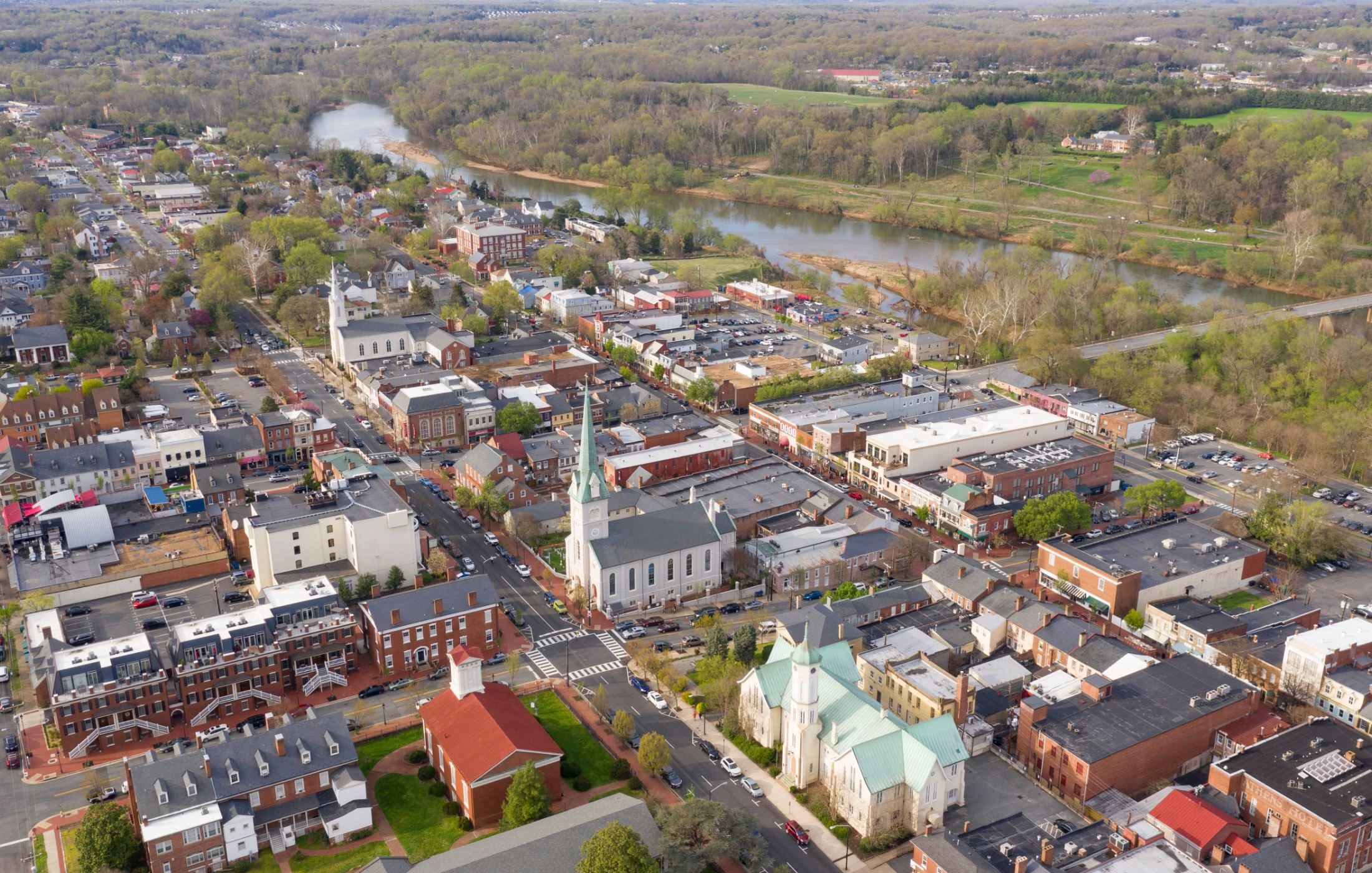Exploring Hope: Finding Support with Halfway Houses in Alabama
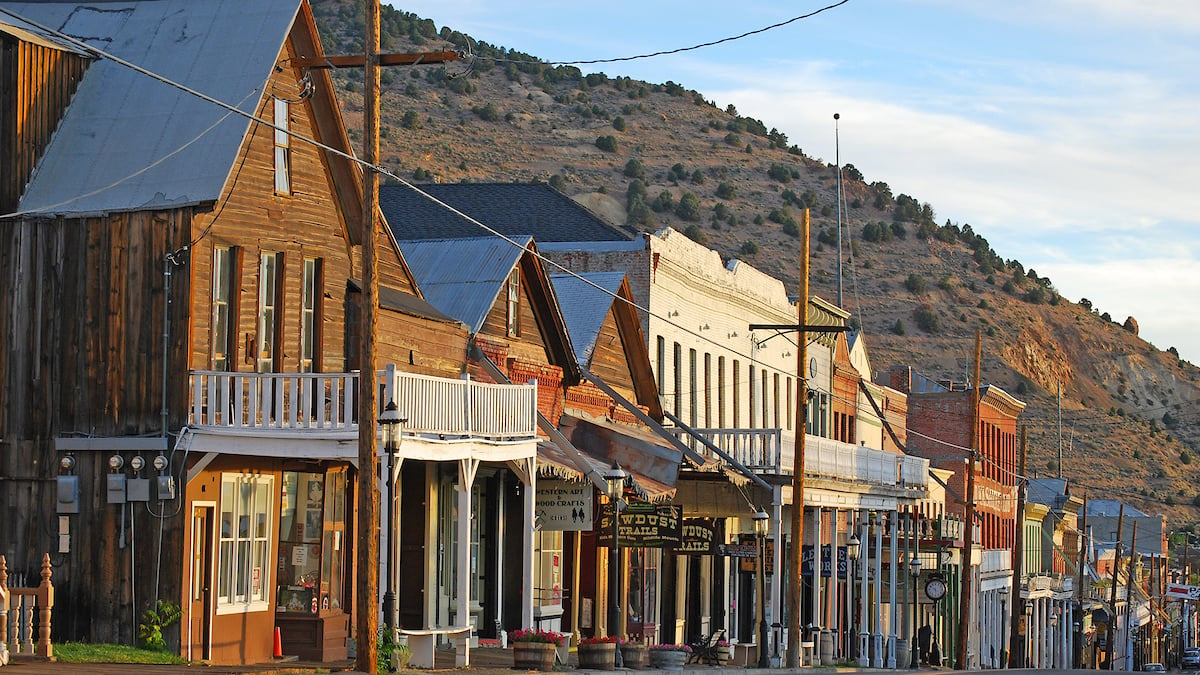
In the heart of the Deep South, Alabama beckons with its rich history, vibrant culture, and a tapestry of communities. Amidst this charm, halfway houses stand as beacons of support and transition for those on the journey to recovery. From the bustling streets of Birmingham to the serene landscapes of Huntsville, each city hosts its own tapestry of halfway houses, offering solace and sanctuary to individuals seeking to rebuild their lives.
Delving into the statistics unveils the pervasive impact of substance abuse across Alabama’s cities. Across the state, approximately 19.2% of adults report engaging in binge or heavy drinking, underscoring the widespread need for intervention and support services. Within this context, halfway houses in Alabama emerge as vital resources, providing a lifeline to individuals grappling with addiction and offering a pathway towards healing and renewal.
Birmingham, the largest city in Alabama, faces significant challenges with substance abuse, with approximately 20.8% of adults reporting binge or heavy drinking. Montgomery, the state capital, also contends with high rates of alcohol consumption, with statistics revealing that 19.5% of adults engage in binge or heavy drinking. Mobile, situated along the Gulf of Mexico, experiences similar struggles, with approximately 21.2% of adults reporting alcohol misuse. Huntsville, nestled amidst the rolling hills of northern Alabama, witnesses approximately 16.3% of adults engaging in binge or heavy drinking. Decatur, located in the heart of the Tennessee River Valley, grapples with its own challenges, with statistics indicating that approximately 18.7% of adults engage in problematic drinking behaviors.
These statistics underscore the urgent need for comprehensive intervention strategies and support services across Alabama’s cities. Halfway houses play a crucial role in addressing these challenges, providing individuals with the resources, guidance, and support they need to overcome addiction and rebuild their lives. Against the backdrop of Alabama’s rich cultural heritage and vibrant communities, halfway houses serve as beacons of hope, offering individuals the opportunity to embark on a journey of healing, transformation, and renewal.
Birmingham: A Haven of Resilience
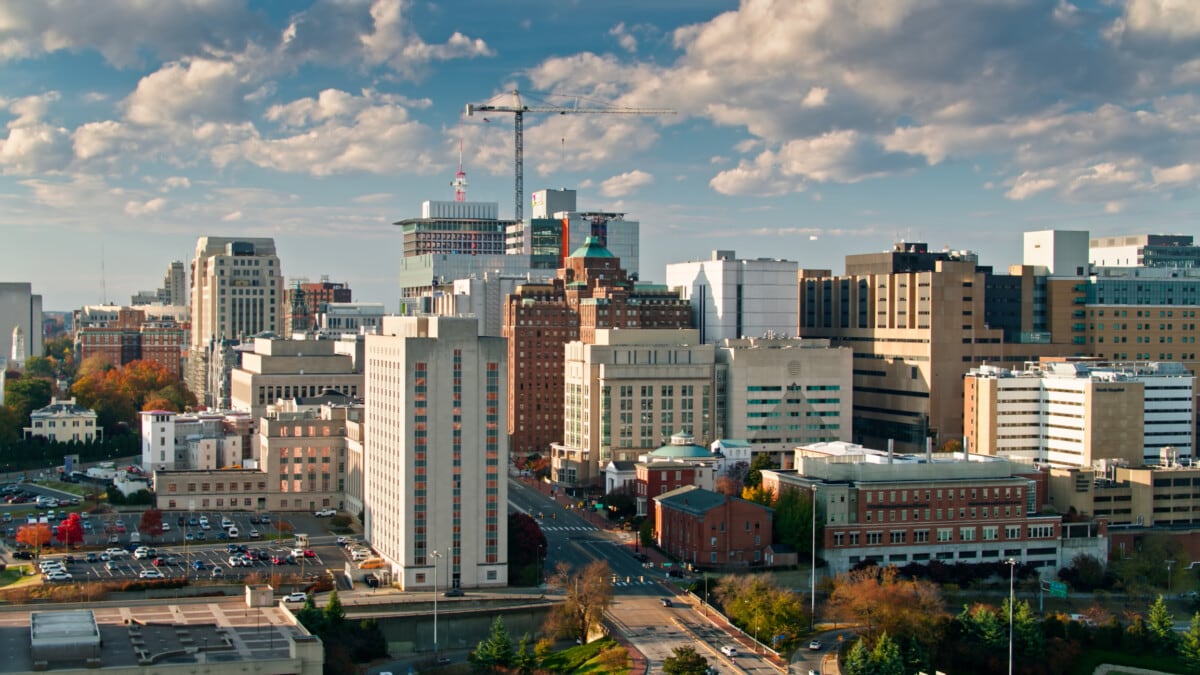
Nestled in the foothills of the Appalachian Mountains, Birmingham pulsates with the rhythm of resilience. Known as the Magic City, it has emerged from its industrial past to embrace a diverse tapestry of cultures and experiences. However, alongside its vitality, Birmingham grapples with the shadows of substance abuse. With approximately 20.8% of adults reporting binge or heavy drinking, the need for halfway houses in Birmingham is palpable. These sanctuaries offer more than just shelter; they provide a supportive community where individuals can heal, grow, and reclaim their independence.
Delving deeper into the statistics, the impact of substance abuse reverberates throughout Birmingham’s neighborhoods. According to recent studies, the city witnesses an average of 900 alcohol-related hospitalizations annually, reflecting the profound toll of addiction on public health. Moreover, data indicates that Birmingham ranks among the highest in the state for alcohol-related fatalities, underscoring the urgency of addressing addiction within the community. Against this backdrop, halfway houses serve as vital resources, offering a lifeline to those navigating the tumultuous waters of recovery.
Furthermore, socioeconomic factors intersect with substance abuse, amplifying the need for supportive services in Birmingham. Research highlights disparities in access to addiction treatment, with marginalized communities facing barriers such as limited healthcare resources and economic instability. In Birmingham, where approximately 27% of residents live below the poverty line, addressing these disparities is crucial to fostering inclusive and equitable recovery pathways. Halfway houses play a pivotal role in bridging these gaps, providing holistic support tailored to the diverse needs of individuals from all walks of life. In the mosaic of Birmingham’s urban landscape, these sanctuaries stand as beacons of hope, offering a pathway towards healing and renewal for those grappling with addiction.
Montgomery: Bridging Past and Present
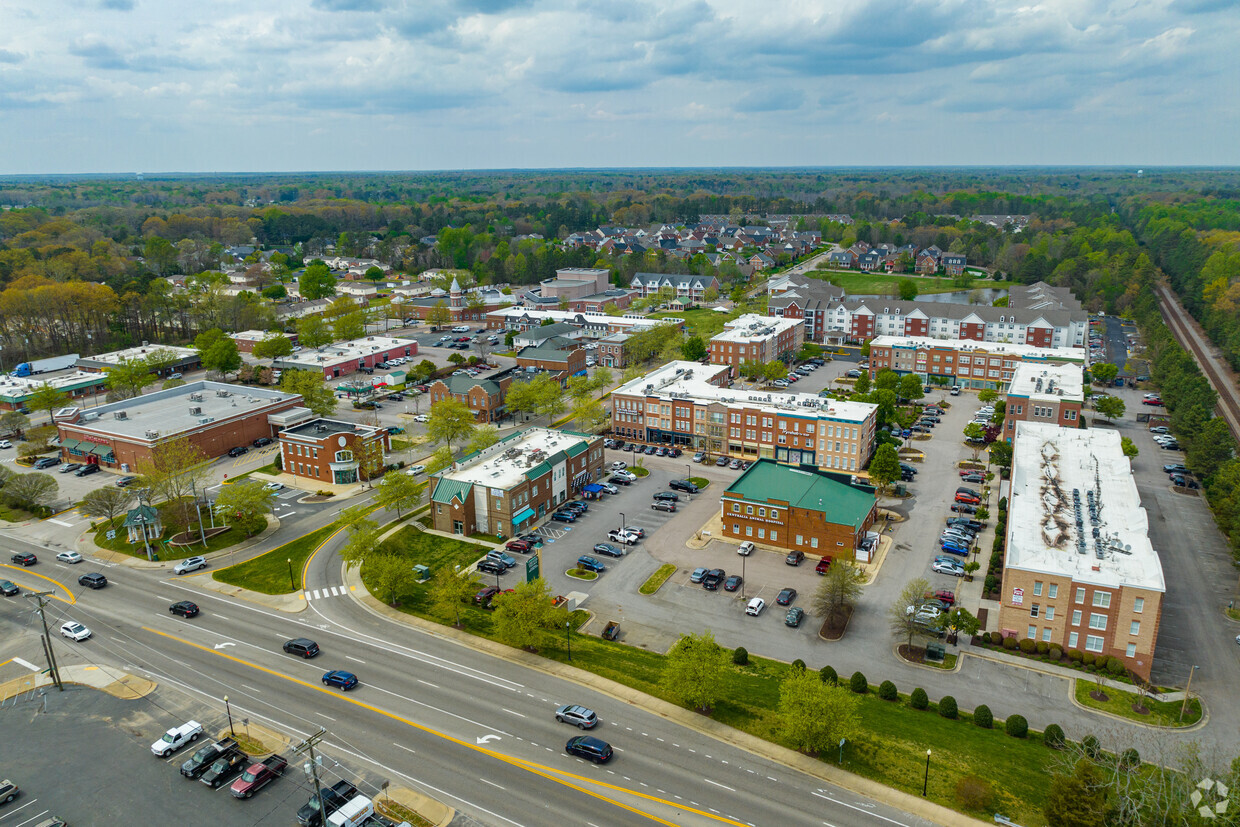
Montgomery, Alabama’s capital, bridges the past and present with its storied landmarks and dynamic energy. Yet, beneath its genteel façade lies a city grappling with the complexities of addiction. With statistics revealing that 19.5% of adults engage in binge or heavy drinking, Montgomery stands as a testament to the need for support and intervention. Halfway houses in Montgomery serve as lifelines, offering individuals a safe harbor to navigate the turbulent waters of recovery. Here, amidst the whispers of history, individuals find the strength to rewrite their stories and forge new beginnings.
Delving into the statistics further underscores the urgency of addressing addiction within Montgomery’s borders. Reports indicate a steady increase in alcohol-related incidents, with the city experiencing an average of 500 alcohol-related arrests annually. Moreover, Montgomery ranks among the top cities in Alabama for alcohol-related accidents and fatalities, reflecting the profound impact of substance abuse on public safety. Against this backdrop, the role of halfway houses becomes even more critical, providing a supportive environment where individuals can break free from the cycle of addiction and rebuild their lives.
Furthermore, socioeconomic disparities intersect with substance abuse, amplifying the need for comprehensive intervention strategies in Montgomery. Studies reveal disparities in access to addiction treatment, with marginalized communities disproportionately affected by barriers such as limited healthcare resources and economic instability. In a city where approximately 23% of residents live below the poverty line, addressing these disparities is paramount to fostering equitable recovery opportunities for all. Halfway houses in Montgomery play a vital role in bridging these gaps, offering a continuum of care that addresses the diverse needs of individuals from all backgrounds. Amidst the historic landmarks and vibrant culture of Montgomery, these sanctuaries stand as symbols of hope and resilience, guiding individuals towards a brighter and more fulfilling future.
Mobile: Where Hope Finds Harbor
As the port city of Mobile dances along the shores of the Gulf of Mexico, it weaves a tale of resilience and revival. However, within its vibrant streets, the shadows of addiction linger, with approximately 21.2% of adults reporting binge or heavy drinking. In this backdrop, halfway houses in Mobile emerge as pillars of hope, offering a beacon of light amidst the darkness. Here, individuals find not only shelter but also a supportive community dedicated to their healing journey. Against the backdrop of Mobile Bay’s shimmering waters, lives are transformed, and futures are reimagined.
Exploring the statistics sheds light on the profound impact of substance abuse within Mobile’s borders. Recent studies reveal an alarming trend of alcohol-related incidents, with the city experiencing an average of 600 alcohol-related hospitalizations annually. Moreover, Mobile ranks among the highest in Alabama for alcohol-related traffic accidents and fatalities, underscoring the urgent need for intervention and support services. Amidst the bustling waterfront and historic neighborhoods, the prevalence of addiction underscores the importance of providing accessible and effective resources for those seeking recovery.
Furthermore, socioeconomic disparities intersect with substance abuse, amplifying the challenges faced by individuals in Mobile. Research indicates that marginalized communities often bear the brunt of addiction’s toll, facing barriers such as limited access to healthcare and economic instability. In Mobile, where approximately 24% of residents live below the poverty line, addressing these disparities is paramount to fostering inclusive and equitable recovery pathways. Halfway houses in Mobile play a vital role in addressing these challenges, providing a holistic approach to recovery that addresses the complex needs of individuals from all walks of life. Against the backdrop of Mobile’s vibrant culture and natural beauty, these sanctuaries stand as symbols of resilience and hope, guiding individuals towards a brighter and more promising future.
Huntsville: Echoes of Renewal
Nestled amidst the rolling hills of northern Alabama, Huntsville echoes with the promise of renewal and innovation. Yet, within its progressive landscape, the specter of addiction looms large, with approximately 16.3% of adults engaging in binge or heavy drinking. In response, halfway houses in Huntsville stand as bastions of support, offering individuals the tools they need to rebuild their lives. Surrounded by the natural beauty of the Tennessee Valley, these sanctuaries provide not only shelter but also a nurturing environment where individuals can cultivate resilience and embrace the journey of recovery.
Examining the statistics paints a sobering picture of the prevalence of substance abuse within Huntsville. Recent data reveals a concerning rise in alcohol-related incidents, with the city witnessing an average of 400 alcohol-related arrests annually. Moreover, Huntsville ranks among the top cities in Alabama for alcohol-related hospitalizations, highlighting the urgent need for comprehensive intervention strategies. Against this backdrop, halfway houses play a vital role in addressing the root causes of addiction and empowering individuals to break free from its grip.
Furthermore, socioeconomic factors intersect with substance abuse, exacerbating the challenges faced by individuals in Huntsville. Research indicates that economic disparities and limited access to healthcare services contribute to barriers in seeking treatment for addiction. In a city where approximately 18% of residents live below the poverty line, addressing these disparities is essential to fostering inclusive and equitable recovery pathways. Halfway houses in Huntsville offer a holistic approach to addressing these challenges, providing a supportive community where individuals can receive the guidance and resources they need to embark on the path to recovery. Amidst the tranquil landscapes and vibrant communities of Huntsville, these sanctuaries serve as beacons of hope, guiding individuals towards a brighter and more fulfilling future.
Decatur: A Beacon of Transformation
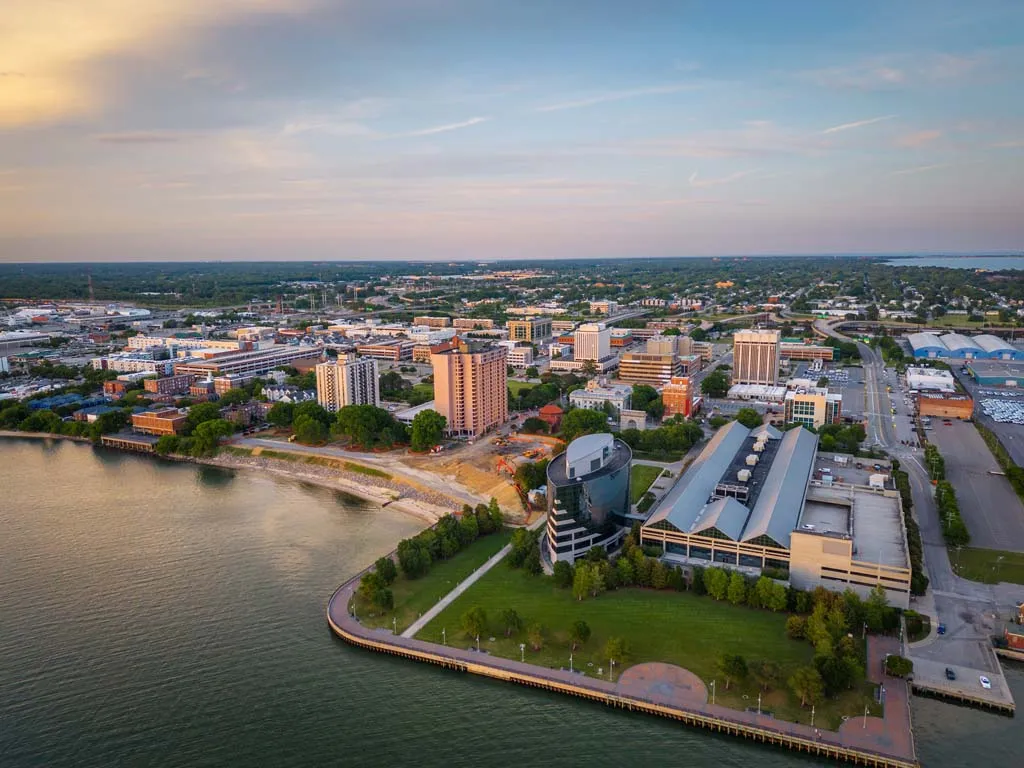
In the heart of the Tennessee River Valley, Decatur beckons with its small-town charm and southern hospitality. However, beneath its tranquil exterior lies a community grappling with the complexities of addiction. With statistics revealing that approximately 18.7% of adults engage in binge or heavy drinking, the need for support and intervention is undeniable. Halfway houses in Decatur serve as beacons of transformation, offering individuals a safe haven to embark on the path to recovery. Amidst the gentle whispers of magnolia blossoms, lives are renewed, and hope is rekindled.
A closer examination of the statistics sheds light on the pervasive impact of substance abuse within Decatur’s community. Recent reports indicate a troubling rise in alcohol-related incidents, with the city experiencing an average of 350 alcohol-related arrests annually. Furthermore, Decatur ranks among the top cities in Alabama for alcohol-related hospitalizations, underscoring the urgent need for targeted intervention strategies. Against this backdrop, halfway houses play a crucial role in addressing the root causes of addiction and providing individuals with the necessary support to overcome their struggles.
Moreover, socioeconomic disparities intersect with substance abuse, compounding the challenges faced by individuals in Decatur. Research indicates that economic instability and limited access to healthcare services contribute to barriers in seeking treatment for addiction. In a city where approximately 20% of residents live below the poverty line, addressing these disparities is paramount to fostering inclusive and equitable recovery pathways. Halfway houses in Decatur offer a lifeline to individuals from all walks of life, providing a supportive environment where they can heal, grow, and thrive. Amidst the serene landscapes and tight-knit communities of Decatur, these sanctuaries stand as symbols of resilience and renewal, guiding individuals towards a brighter and more promising future.
Embracing Renewal with Halfway Houses in Alabama
In every corner of Alabama, halfway houses stand as symbols of resilience and renewal. From the bustling streets of Birmingham to the tranquil landscapes of Decatur, these sanctuaries offer individuals the opportunity to rewrite their stories and reclaim their lives. As we navigate the complexities of addiction, let us embrace the journey of recovery with compassion, understanding, and unwavering support. Together, we can build a future where hope finds harbor, and every individual has the chance to flourish. Halfway houses in Alabama are more than just shelters; they are beacons of transformation, guiding us towards a brighter tomorrow.
The statistics paint a vivid picture of the challenges faced by Alabama’s communities in combating substance abuse. Across the state, approximately 19.2% of adults report engaging in binge or heavy drinking, reflecting the widespread impact of addiction. Within this context, cities like Birmingham, Montgomery, Mobile, Huntsville, and Decatur grapple with varying degrees of alcohol misuse, each facing its own unique set of challenges.
Birmingham, Alabama’s largest city, contends with a high prevalence of binge or heavy drinking, with approximately 20.8% of adults reporting problematic alcohol consumption. Montgomery, the state capital, faces similar struggles, with 19.5% of adults engaging in binge or heavy drinking. Mobile, situated along the Gulf Coast, experiences a slightly higher rate of alcohol misuse, with approximately 21.2% of adults affected. In Huntsville, nestled amidst the scenic beauty of northern Alabama, approximately 16.3% of adults engage in problematic drinking behaviors. Decatur, located in the picturesque Tennessee River Valley, witnesses approximately 18.7% of adults grappling with alcohol misuse.
Amidst these challenges, halfway houses serve as beacons of hope, providing individuals with the support and resources they need to embark on the path to recovery. These sanctuaries offer more than just shelter; they provide a supportive community where individuals can heal, grow, and thrive. Together, as a community, we can work towards a future where every individual has the opportunity to flourish, and where the promise of renewal shines bright across the state of Alabama.
Primary Service: Substance Abuse Treatment Services
Address : 36 Franklin Street, Alexander City, 35010
Primary Service: Treatment for substance use disorders (SUD's)
Address : 601 Princeton Avenue SW, Birmingham, 35211
Primary Service: Treatment for substance use disorders (SUD's)
Address : 2195 North Airport Road, Jasper, 35504
Primary Service: Mental Health Services
Address : 3701 Loop Road, East Tuscaloosa, 35404
Primary Service: Treatment for substance use disorders (SUD's)
Address : 1504 Springhill Avenue, Mobile, 36604
Primary Service: Treatment for substance use disorders (SUD's)
Address : 5605 Clifford Circle, Birmingham, 35210
Primary Service: Treatment for substance use disorders (SUD's)
Address : 401 Beacon Parkway West Suite 150, Birmingham, 35209
Primary Service: Dual diagnosis / co-occurring treatment - Mental health and substance abuse
Address : 1713 6th Avenue South, Birmingham, 35294
TEARS
(1)Primary Service: Treatment for substance use disorders (SUD's)
Address : 1011 South Railroad Street, Phenix City, 36867
Freedom House
(1)Primary Service: Substance Abuse Treatment Services
Address : 15132 Highway 72, Rogersville, 35652
